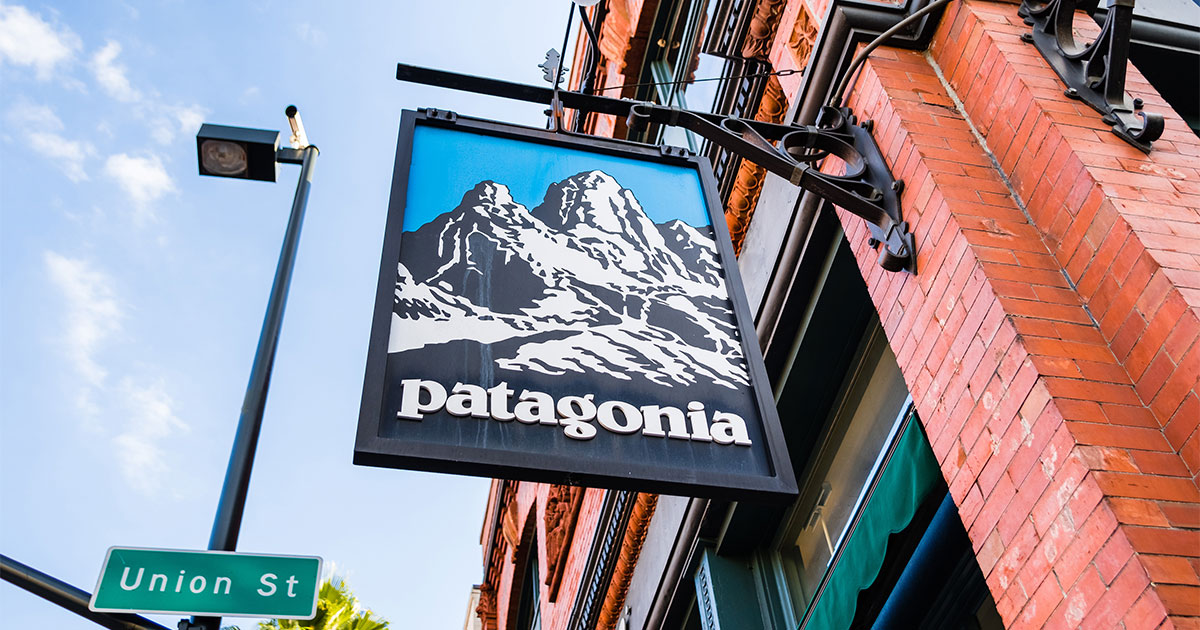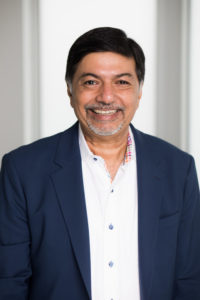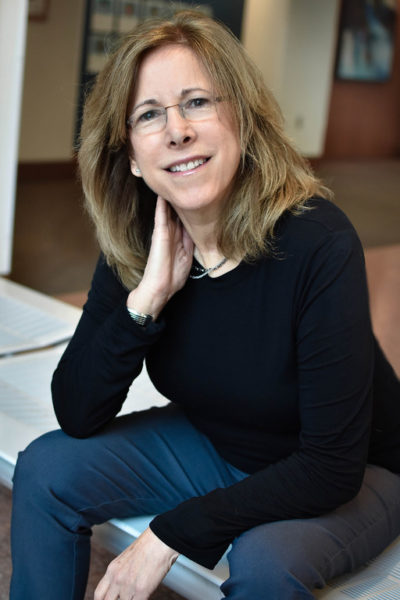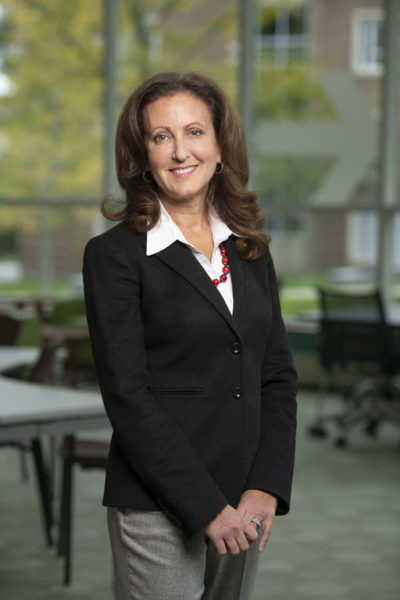When a Business Leader Gives Away His Company

This is the first article in a two-part series in which the Babson community reflects on the decision by Yvon Chouinard and his family to give away their business, Patagonia.
At first, the decision seemed surprising, even shocking.
Most business leaders, after all, don’t decide to give up their $3 billion companies for the greater good of society. But that’s exactly what Yvon Chouinard, the founder of outdoor outfitter Patagonia, announced last month. In an effort to fight climate change, he and his family are transferring their ownership of Patagonia to two new nonprofits.
Chouinard’s decision, to give up the lucrative company he founded and built, goes against the grain of conventional, profit-driven business thinking. “There’s a value system out there that it’s all about money, all about material success,” says Rajendra Sisodia, the F.W. Olin Distinguished Professor of Global Business at Babson College. “That’s how we measure success in this country: money and power. That defines winning. It is deeply misguided.”

Chouinard’s definition of winning, however, has always been different, and for anyone who has followed his career, the momentous decision to give away his company is not entirely surprising. “It’s inspiring, but the story is the same,” says Cheryl Kiser, executive director of Babson’s Institute for Social Innovation. “He was in business for a purpose. It’s everything you’ve ever known about the company. At the end of the day, he did something courageous and tied to his values.”
Those values are essential. In this first installment of a two-part series, in which the Babson community reflects on the astounding Patagonia decision, College faculty and thought leaders focus on the values of Chouinard and his family and how they empowered them to do something uncommon. “I don’t know many companies that can do that,” Kiser says.
What Clarity Means
Chouinard’s commitment to environmental issues goes back decades, and that commitment is reflected in Patagonia’s list of core values. “Use business to protect nature,” declares one of those values. “Cause no unnecessary harm,” says another.
“They have great clarity about what they’re about,” Sisodia says. “This is a business that’s an expression of the consciousness of the leader. This is about his love for our planet. He sees business as a way of scaling that love.”
Such clarity in a company’s values is rare. At Babson, people are more than aware of the six core values of Arthur M. Blank ’63, H’98, which serve as the bedrock for his businesses and philanthropic foundation. Most leaders, though, aren’t as forthcoming and intentional about the role of values in their companies. “I don’t know how many are as clear as Arthur Blank and Yvon Chouinard are,” Kiser says.

Having such a strong commitment to values isn’t easy for a company. “It’s about full alignment between your words, your actions, your policies. All of them must be in harmony,” Sisodia says. “Most people never get there to the extent that Chouinard did. That’s a goal worth striving for.”
If a company does have strong values, though, it always will have a North Star to guide it when having to make challenging decisions. “It is easy when you are clear what your values are,” Kiser says. “When you have clear values, every time you make a decision, you only win.”
Relying on values is exactly what Chouinard has done in his long career. When Patagonia’s climbing spikes were criticized for damaging rock faces in the early 1970s, for instance, it found an alternative, Sisodia says. In the 1990s, Patagonia decided to source cotton organically, even though the supply was far from ample. “The price was several times higher than traditional cotton, but it was a non-negotiable decision,” Sisodia says.
And, now, in an ultimate sign of following their values, Chouinard and family are transferring all of Patagonia’s voting stock to the Patagonia Purpose Trust, which was created to uphold the company’s values and mission. All of Patagonia’s nonvoting stock will be given to the Holdfast Collective, a nonprofit dedicated to the environment.
Every year, after reinvesting some profits back into the company, roughly $100 million will be given to the Holdfast Collective as a dividend. In a letter explaining these moves, Chouinard wrote, “Earth is now our only shareholder.”
The Strength of Families
One factor that may have enabled Patagonia to have such strong values is that it’s a family enterprise. Chouinard and his wife, Malinda, have two adult children, Fletcher and Claire, who are involved with the company. “Families can develop a shared value system,” says Lauri Union, the Nulsen Family Executive Director of Babson’s Bertarelli Institute for Family Entrepreneurship. “There is an underlying sense of values that guides them.”

Those shared values develop when parents and children talk honestly about their perspectives and hopes for the business. “Families can have real conversations and talk about what is meaningful,” Union says. “That process of open communication and exploration creates a collective sense of family impact and value. That collective sense can affect how the family works entrepreneurially.”
When talking with families in business together, Union advises them to do what is best for their relationships and their values, and to not necessarily be tied to one particular business. Over time, a family may decide to pursue other opportunities and even leave their existing company behind. “It is about taking the family’s entrepreneurship in a new direction,” Union says. “It’s about being responsive to the family’s value system and the opportunities they see.”
This appears to be exactly what Chouinard and his family have done. “This is an amazing example to hold up and learn from,” Union says.
Any business leader, Sisodia says, should be following the example of Chouinard and asking themselves big questions about what they value and what legacy they want to leave behind. “Have a clear sense of who you are and what you stand for and what you care about in this life,” Sisodia says. “Each of us as individuals and leaders should be thinking about our life in those terms.”
To learn what Babson students think about the decision by Yvon Chouinard and his family to give away their business, read the next installment of this series.




